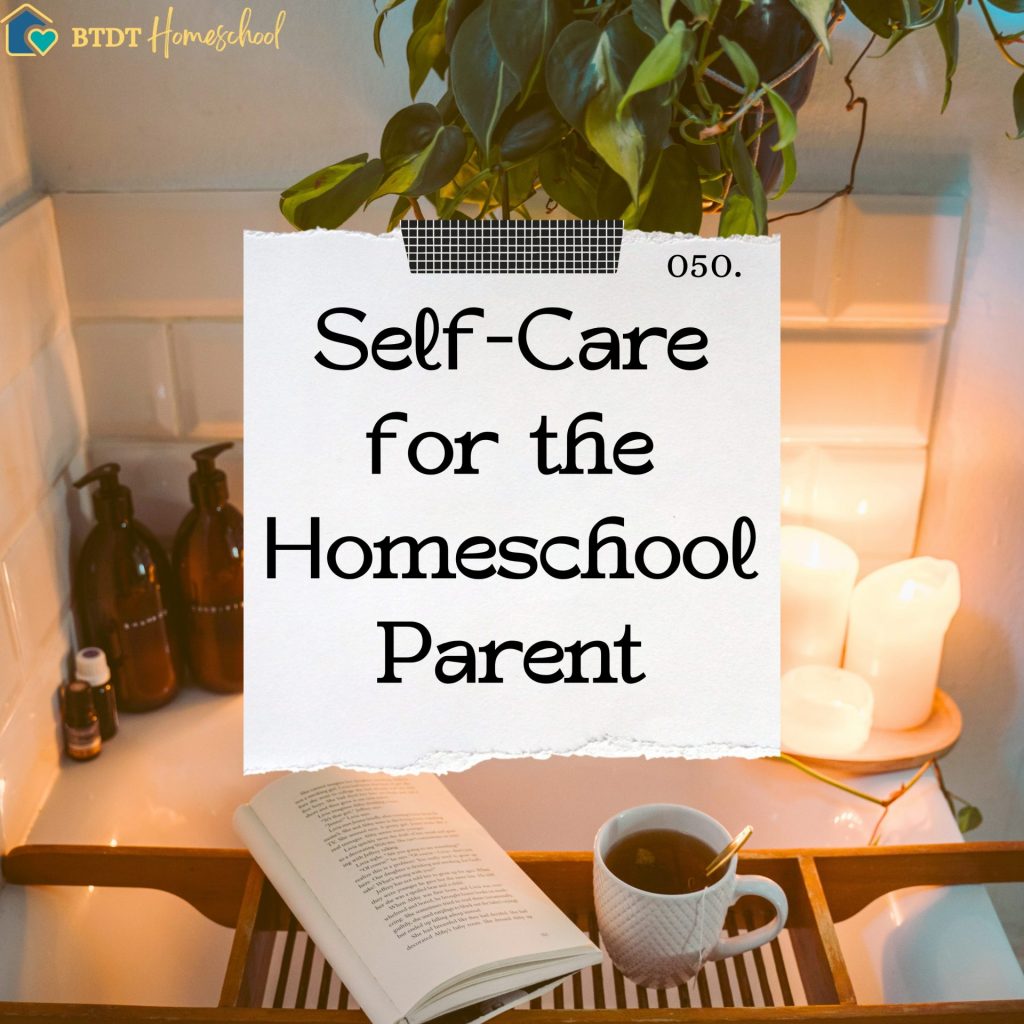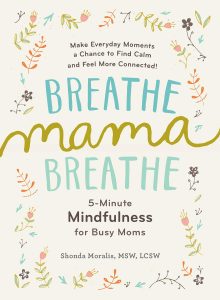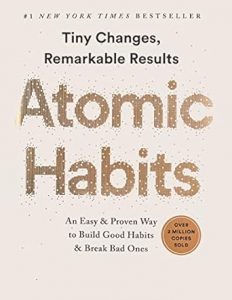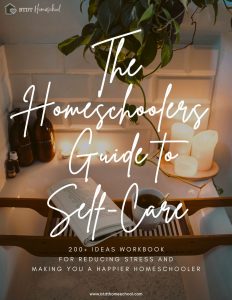058. Time Management, Stress, Organization, Study Skills
Time Management, Stress, Organization, Study Skills

Stress is normal! With all that your high school student is likely to have on their plate (balancing classes, assignments, college applications, extracurriculars, a social life, and more), it’s normal that they’ll experience stress from time-to-time. Understanding how to manage the stress they feel is an important skill for your teen to learn – during the high school years and throughout their life. Tune in to help your teen manage all the things and keep their stress in check.
This is the 12th and final episode in our HIGH SCHOOL SERIES
Episode 058:
TWO WAYS TO LISTEN TO THIS EPISODE:
1. Click PLAY Button Above ^^ to listen here.
2. OR Listen on your favorite podcast platform:

Apple – Spotify – Google Play – Amazon – Others
Scroll down for this week’s FREEBIE:
Block Scheduling Page (pdf)
Brand New to Homeschooling?
GETTING START PAGE >>
Kindergarten Page >>
High School Series >>
Show Notes
If you are homeschooling a high schooler, you already know that navigating the intricate balance between academics, extracurriculars, and personal life can be tricky. Add in college applications, part time jobs, and social opportunities, and it’s no wonder some of our teens can feel overwhelmed and anxious about their future. With a focus on time management, organization, stress management, and study skills, we will explore some strategies and tools in today’s episode to aid in your student’s quest for academic success while maintaining a healthy lifestyle in the realm of homeschooling.
Let’s face it, High schoolers have a lot going on! From expectations and normal pressures of academics to extreme feelings of stress, understanding how to manage the stress they feel is an important skill for your teen to learn – during the high school years and throughout their life. Stress is normal! With all that your high schooler is likely to have on their plate (classes, assignments, college applications, extracurriculars, a social life, and more), it’s normal that they’ll experience stress from time-to-time.
Homeschoolers often experience less stress than students in traditional schools because they have more time available to them, more flexibility, and are less likely to compare themselves to others, but they probably still feel a lot of these same pressures!
How can our high schoolers deal with stress? (4:27)
Let’s talk about some ideas for high school students to deal with stress:
- Keeping a journal
- Getting plenty of exercise
- Eating healthy, regular meals and drinking plenty of water.
- Making sure you get enough sleep
- Meditating, deep breathing, or mindfulness, and monitoring their self-talk.
- Channeling their energy into sports or creative pursuits such as music, art, theater
- forming meaningful relationships or friendships helps reduce stress.
- Reaching out to friends or family members who help you cope in a positive way
- Staying organized and teaching your teen to create routines can be helpful. We are going to talk more about this today!
- Limiting excess caffeine in soft drinks or coffee
- Making time to do fun things
- Spending downtime relaxing
With so many big life decisions ahead, getting through high school happy and whole can definitely feel challenging at times. It’s easy to see why so many high school students feel stressed. The good news is that there are solutions. Adopt the strategies above, take a deep breath, and remind them it’s not forever!
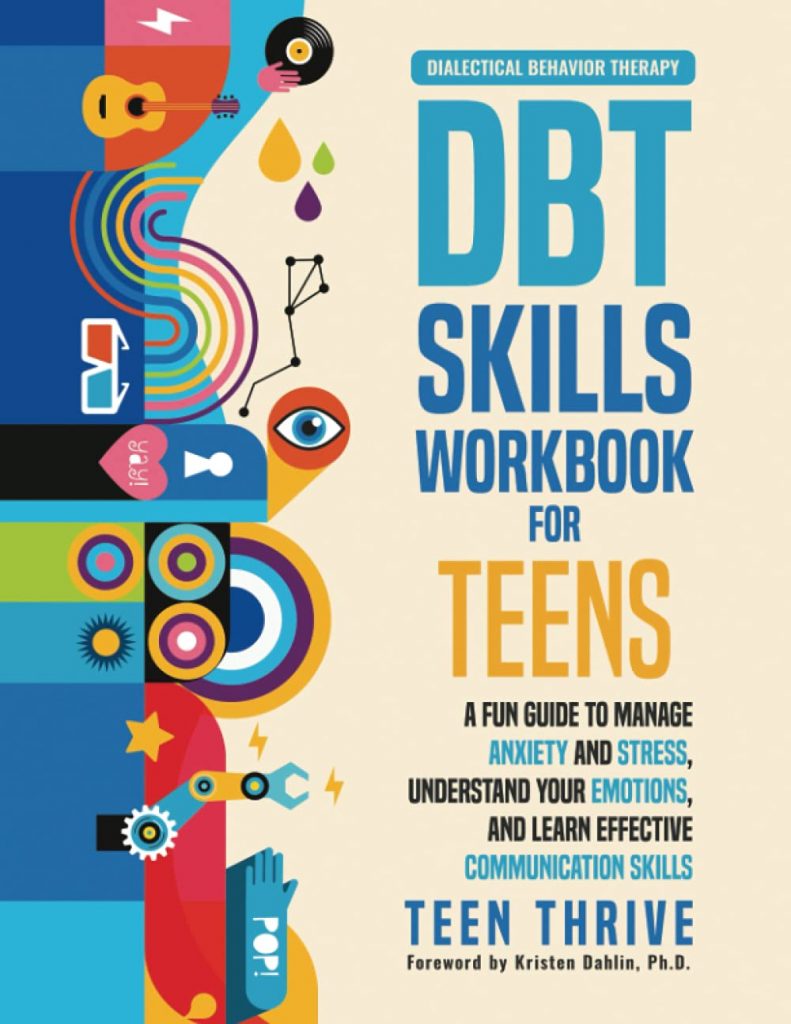
Sometimes a big source of stress can actually be due to a lack of time management. I know this well as I am a lifelong organized procrastinator! I work best under pressure. But every time I get through yet another project this way, I vow not to do it again next time. Mastering time management is an essential skill that not only cultivates discipline but can really help your teen maximize study time more efficiently. By establishing structured routines, setting clear goals, and teaching the value of efficient scheduling, you can empower your teens to take ownership of their education while also allowing for a healthy balance between their academic pursuits and personal growth.
Parental involvement in homeschooling time management is not a solitary endeavor. It entails open communication, active listening, and a keen awareness of your high schoolers’ individual progress. Some will be more mature and independent than others. By consistently assessing their growth and helping them to adapt the schedule and approach you will be helping to teach them self awareness and how to manage their stress.
How can we help our teens manage their time wisely? (9:57)
Here are some time management tools and techniques that can set your highschooler up for success:
1. Homeschool Planner:
Using a dedicated homeschool planner or digital app like Google Keep organizing lessons, assignments, and activities. This helps them stay on top of their responsibilities and ensure they have plenty of downtime and time with their friends.
2. Time Blocking:
Time blocking is a simple yet effective way you can teach your teen to take control of their time. They can implement a time blocking strategy where they allocate specific time blocks for different subjects. This prevents overloading on a single subject to ensure balance. Time blocking asks you to divide your day into blocks of time. Each block is dedicated to accomplishing a specific task or group of tasks, and only those specific tasks. Instead of keeping an open-ended to-do list of things you’ll get to as you can, you start each day with a concrete schedule outlining what you’ll work on and when.
The key to this method is prioritizing your task list in advance. The free resource I created this week is a time blocking template that your highschooler can use as they plan out their day. Scroll Down to download! This method really does add hours to your day! It’s so effective. Time Finder is the app that I use when I’m on the go instead of using the paper template but I find the paper easier for teenagers to use.
3. Set Realistic Goals:
Teach them to set achievable goals for each day or week. It’s an essential skill to learn how to break down larger objectives into smaller, manageable tasks. This can prevent them from feeling overwhelmed and provides a sense of accomplishment as tasks are completed.

How to Become a Straight-A Student: The Unconventional Strategies Real College Students Use to Score High While Studying Less reveals for the first time the proven study secrets of real straight-A students across the country and weaves them into a simple, practical system that anyone can master.
4. Weekly Planning:
Set aside time daily and each week to check in and go over assessments and progress. This helps them maintain a clear overview of what needs to be covered. Be sure to include extracurricular and fun with friends outside of academics. These are really important!
5. Flexible Routine:
Teach them to adopt a flexible routine rather than a rigid schedule. More than likely you’ve been doing this all along. This will teach them to accommodate variations in assignments and unexpected events.
6.Prioritize tasks:
Learn to differentiate between urgent and important tasks. This skill helps in managing workload efficiently and reducing stress.
Your involvement plays a vital role in helping them learn these skills. You can address their individual strengths, interests, and challenges, which will promote a deeper understanding of subjects and encourage a lifelong love for learning. You know we love to say that!
How to teach study skills, note taking, organization, and other executive function skills? (16:49)
As students enter into the high school years, they also need to add effective study skills and habits. They must master skills like:
- reading for content and not just for pleasure
- note taking
- researching
- finding knowledgeable mentors
- communicating with others to find out what they need to know
- honing memorization techniques
- practicing computer skills
- identifying and utilizing helpful online resources
Homeschool high schoolers have a unique opportunity to learn some of these skills to suit their individual learning styles and schedules. Here are some effective strategies for homeschool high schoolers to cultivate good study skills and be more organized:
- Create a designated study space: Establishing a dedicated area for studying helps in maintaining focus and organization. Ensure it’s free from distractions and equipped with necessary materials.
- Develop a schedule: Design a timetable that includes study sessions for various subjects, breaks, and extracurricular activities. A structured routine aids in time management and consistency.
- Encourage the use of checklists: Using checklists for daily or weekly tasks can help your teen visualize what needs to be done and experience the satisfaction of checking items off the list as they complete them.
- Break tasks into smaller steps: Teach your teen to break down larger tasks or projects into smaller, manageable steps. This method helps in avoiding overwhelm and encourages steady progress.
- Utilize various learning methods: Experiment with different study techniques such as mind mapping, summarizing, flashcards, or teaching concepts to someone else. Find what works best for individual comprehension.
- Practice active learning: Engage in discussions, take notes, ask questions, and participate in activities related to the subject matter. Active involvement enhances understanding and retention.
- Take regular breaks: Incorporate short breaks during study sessions to prevent burnout and maintain focus. Breaks can re-energize and improve productivity.
- Promote decluttering: Assist your teen in decluttering their space regularly. Encourage them to get rid of unnecessary items and organize belongings in a way that makes them easily accessible.
- Model and encourage organization: Set an example by staying organized yourself. Show your teen how you manage your schedule, maintain a clean environment, and handle responsibilities.
- Provide guidance, not control: Offer guidance and support rather than micromanaging your teen’s organizational efforts. Encourage independence by allowing them to make their own decisions and learn from mistakes.
- Develop effective note-taking techniques: Find a method that suits the learning style, be it Cornell notes, bullet points, or visual diagrams. Good notes aid in better understanding and revision.
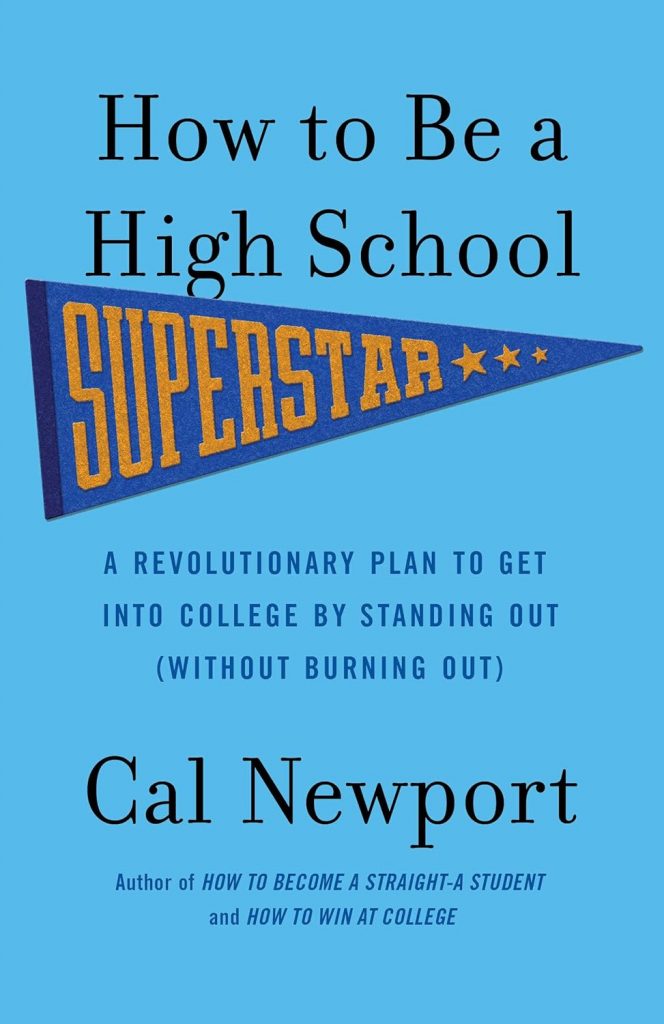
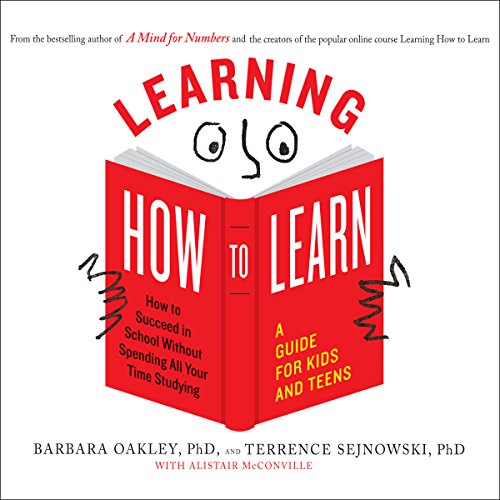
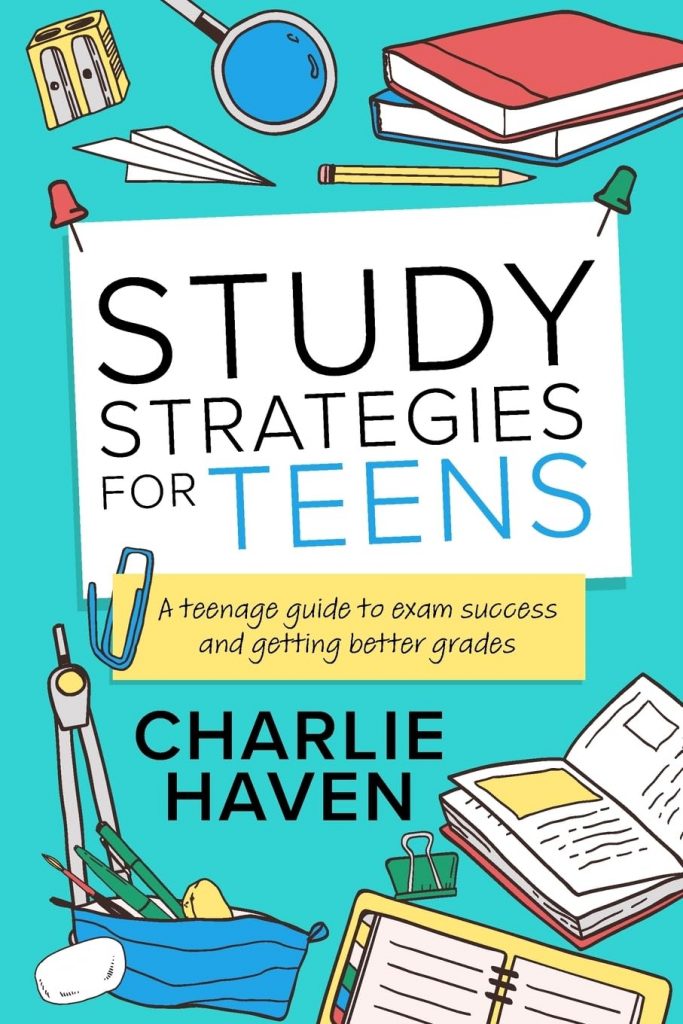
Note taking is a big question I see come up often on high school forums- it’s almost like none of us can remember or picture how this works outside the classroom. We ended up doing a bit of a deep dive on different techniques and thought we could share some popular note-taking methods:
- The SQ3R Method: An acronym for Survey, Question, Read, Recite, and Review. It involves a comprehensive approach to studying a text, starting with a survey of the material, formulating questions, reading actively, reciting or summarizing key points, and finally reviewing the material. Learn more about SQ3R.
- Cornell Method: This method involves dividing the paper into sections: a section for notes, a section for cues or questions related to the notes, and a summary section at the bottom. It encourages active engagement and summarization of key points. Learn more about Cornell Method.

- Outlining Method: Structuring notes hierarchically using bullet points or numbering. It involves organizing information into main topics, subtopics, and details. This method emphasizes the relationship between different ideas. Learn more about Outlining Method.
- Mind Mapping: Utilizing visual diagrams to represent concepts and their relationships. It starts with a central idea or topic and branches out into related subtopics, creating a visual representation of connections. Learn more about Mind Mapping.
- Charting or Tabular Method: Organizing information into tables or charts with columns and rows. It’s useful for comparing and contrasting different elements or presenting data in a clear format. Learn more about Charting.
- Sentence Method: Writing down key points or phrases in complete sentences. It involves summarizing information in a coherent narrative format, making it easier to follow when reviewing. Learn more about Sentence Method.
- Flow Method: This method involves jotting down notes in a continuous flow, without much structure. It’s useful during lectures or when information is presented rapidly. Later, these notes can be organized into a more structured format. Learn more about Flow Method.
- The Feynman Technique: Explaining complex ideas in simple terms as if teaching someone else. It involves identifying gaps in understanding and revisiting complex concepts until they can be explained in straightforward language. Learn more about Feynman Technique.
- The Charting Method: Creating columns and rows to organize information, often using headers and bullet points. It’s useful for comparing and contrasting different elements or categorizing information. Learn more about Charting Method.
- Annotation/Highlighting: Underlining, highlighting, or annotating text in books or articles with personal comments or key points. This method helps in quickly identifying important information for later review. Learn more about Annotation and Highlighting.
Our kids did an awesome study skills camp with a fellow homeschool mom that taught several of these techniques. Choosing the most suitable note-taking technique depends on personal preferences, the nature of the information being recorded, and the context in which the notes will be used. Experimenting with different methods can help individuals find the one that best fits their learning style and enhances their understanding and retention of information.
By actively supporting and guiding your teen through all of these above strategies, you can help them develop strong organizational skills that will serve them well in academics and throughout their lives.
This Week’s Freebie:
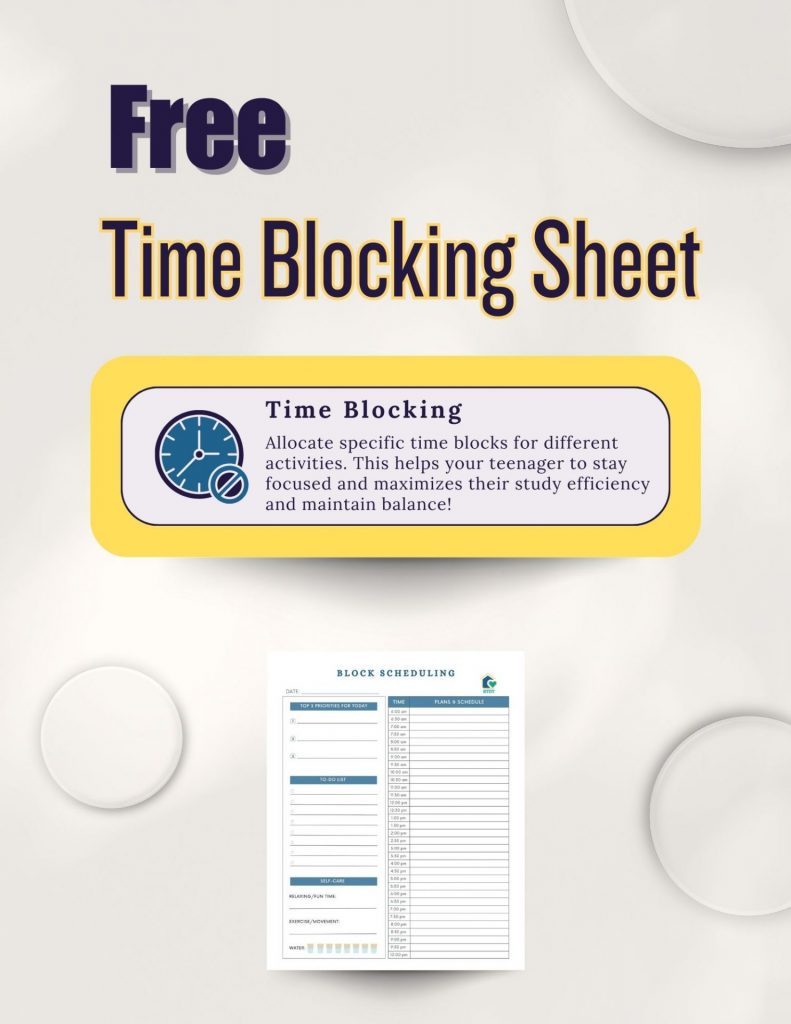
Download your Free Template


